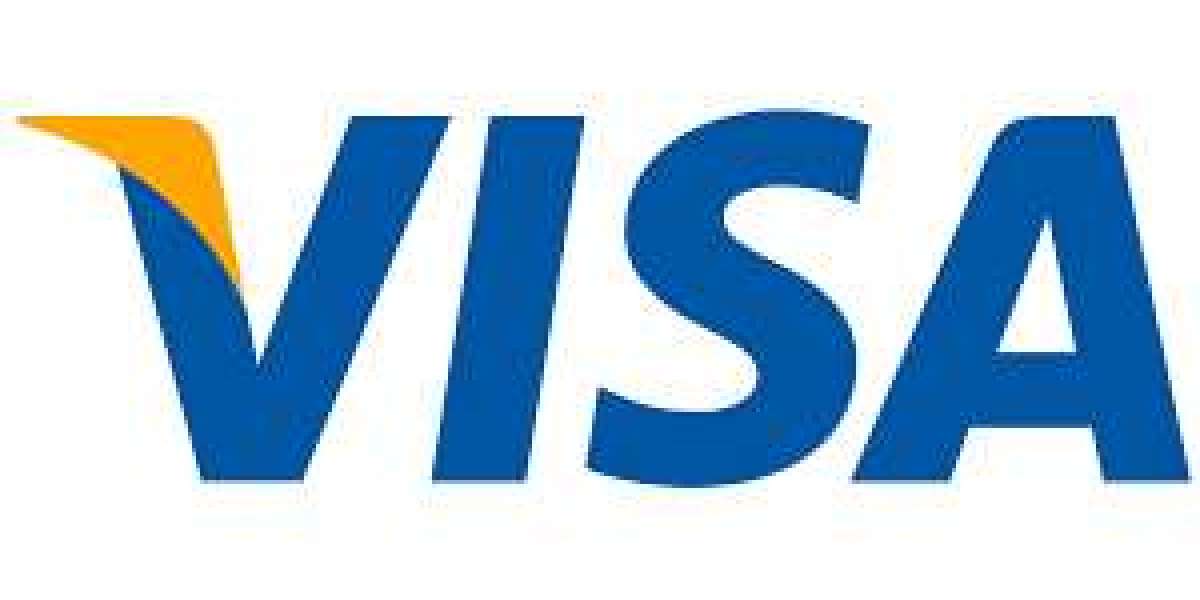Visa Inc. is a global leader in digital payments, offering a range of products and services for consumers, businesses, and governments. It operates in a highly competitive market, and its main competitors include other major payment networks, fintech companies, and emerging payment solutions.
Here are the primary competitors of Visa Inc.:
1. Mastercard Inc.
Overview: Mastercard is one of Visa’s biggest rivals, offering similar products and services, including credit, debit, and prepaid card solutions. Like Visa, Mastercard operates a global payment network, processing billions of transactions annually.
Key Competencies:
- Strong global presence, especially in regions like North America, Europe, and Asia.
- Focus on innovation in digital payments and contactless payments.
- Acquisition of fintech companies to expand in the digital banking space.
Strategic Moves: Mastercard has been focusing on building a comprehensive digital ecosystem, including partnerships with fintech companies and investments in blockchain technology.
2. American Express (Amex)
Overview: American Express primarily serves premium customers with credit cards and charge cards. While Visa and Mastercard dominate the general payments space, American Express has a more niche but highly profitable market, offering loyalty programs, travel benefits, and more.
Key Competencies:
- Strong focus on premium cardholders and high-spending customers.
- Extensive rewards programs and travel services.
- In-house processing network (unlike Visa and Mastercard, which rely on third-party banks for card issuance).
Strategic Moves: American Express is continuously enhancing its loyalty and rewards programs to attract affluent customers and increasing its presence in the digital and mobile payments space.
3. Discover Financial Services
Overview: Discover is another significant player in the payment processing industry. Known for its credit card offerings, Discover has a smaller but loyal market share in comparison to Visa and Mastercard. It also operates a global payment network and provides banking services.
Key Competencies:
- Directly competes in the credit card space.
- Operates the Discover Global Network, which includes a large number of merchants.
- Unique position as both a credit card issuer and a network provider.
Strategic Moves: Discover is leveraging its data analytics capabilities to offer tailored products and services, as well as focusing on expanding its merchant network.
4. PayPal Holdings, Inc.
Overview: While not a direct competitor in terms of being a traditional payment network, PayPal has emerged as a significant competitor in the digital payments and e-commerce space. PayPal’s acquisition of Venmo, Braintree, and other fintech companies has further solidified its position.
Key Competencies:
- Strong presence in online payments, peer-to-peer (P2P) payments, and digital wallets.
- Focus on e-commerce and mobile transactions.
- Expanding global reach through acquisitions and partnerships.
Strategic Moves: PayPal is continuously expanding its ecosystem through collaborations with merchants and financial institutions, and is increasingly integrating cryptocurrencies into its services.
5. Square (Block, Inc.)
Overview: Square, now known as Block, Inc., is a leading player in the financial technology sector. It offers payment solutions to small businesses, but has also expanded into consumer payments with products like the Cash App. Its innovative approach to payments, including cryptocurrency and blockchain, makes it a key competitor to Visa.
Key Competencies:
- Point-of-sale (POS) payment solutions for small and medium-sized businesses (SMBs).
- Mobile payment processing and P2P transfer services through Cash App.
- Heavy focus on cryptocurrency services and blockchain technology.
Strategic Moves: Square has been increasingly shifting its focus to blockchain and cryptocurrency technologies, positioning itself as a leader in fintech innovation.
6. FIS (Fidelity National Information Services)
Overview: FIS is a global provider of financial services technology, offering payment processing solutions, fraud detection, and financial analytics to banks, merchants, and fintech companies. While Visa and Mastercard focus primarily on card payments, FIS competes in a broader range of financial services.
Key Competencies:
- Payment processing technology for banks, credit unions, and merchants.
- Fraud prevention solutions and cybersecurity.
- Strong presence in banking and merchant services technology.
Strategic Moves: FIS has expanded its capabilities through acquisitions, such as the purchase of Worldpay, to become one of the leading payment processors in the world, further competing with Visa in terms of merchant services.
7. Stripe
Overview: Stripe is a rapidly growing fintech company that provides payment solutions for online businesses. Unlike Visa and Mastercard, Stripe operates more as a payments gateway, focusing on simplifying payments for developers and e-commerce platforms.
Key Competencies:
- Payments processing for online businesses, startups, and large enterprises.
- Developer-friendly payment APIs that simplify payment acceptance.
- Strong focus on international payments and cross-border transactions.
Strategic Moves: Stripe has expanded its product offerings to include billing solutions, lending, and financial services, and is focused on becoming the go-to platform for online payments worldwide.
Conclusion:
Visa Inc. operates in a highly competitive environment, with numerous players vying for market share in the payment processing industry. While Visa maintains its position as one of the top global payment networks, companies like Mastercard, American Express, PayPal, and emerging fintech firms like Stripe are all strong competitors that continue to innovate and disrupt the traditional payments industry.








